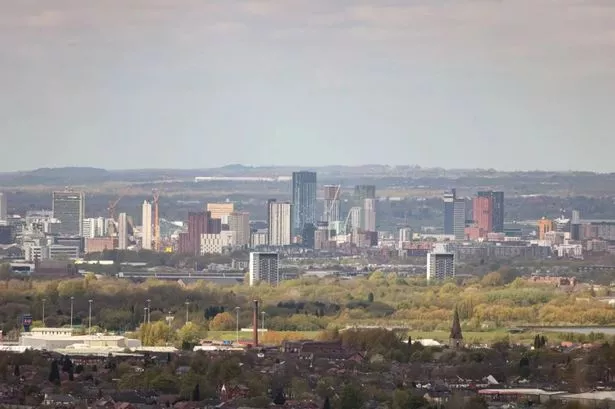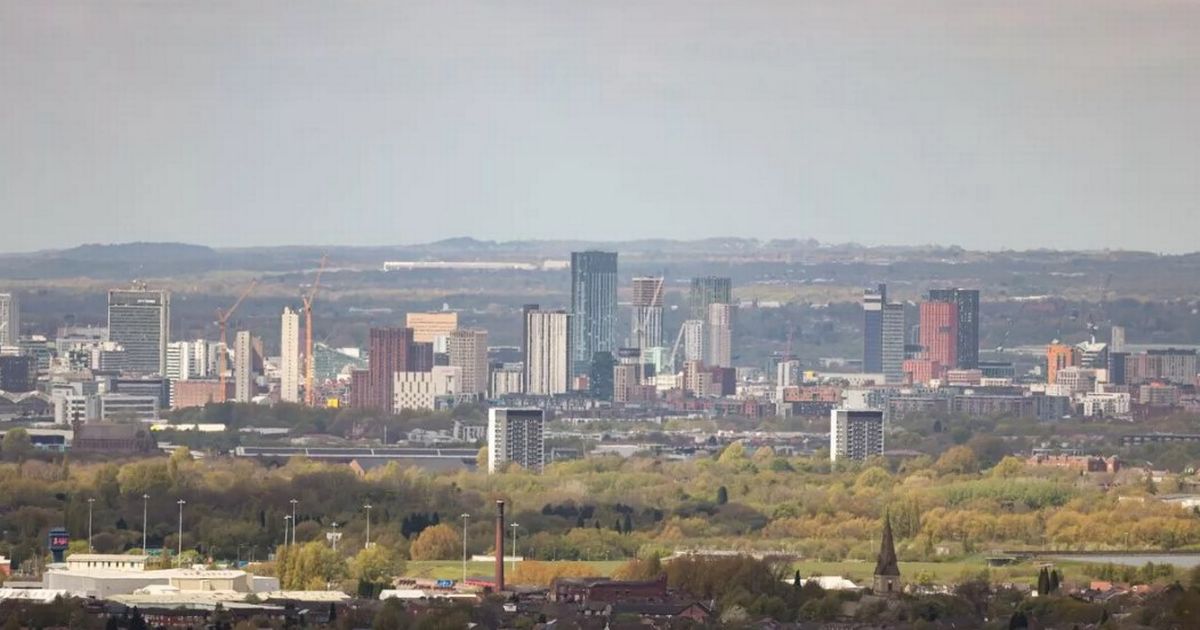It is hoped the new system of local government funding will lead to the reduction of ‘regional divides and postcode lotteries’ The fair funding reviews outdated formulas that the government says have ‘penalised deprived areas for decades’
The fair funding reviews outdated formulas that the government says have ‘penalised deprived areas for decades’
There are hopes councils across Greater Manchester will be among the financial winners amid sweeping changes to how central government funds local authorities.
The government has announced the results of their Fair Funding Review 2.0, which ministers say will be ‘based on the latest deprivation data and local need’.
It is understood the new system of allocating central government funding will benefit many Greater Manchester councils with one leader saying their authority was ‘expecting to do well out of it’.
Announcing the results of fair funding review the Ministry of Housing, Communities & Local Government said ‘outdated funding formulas that penalised deprived areas for decades are being scrapped’.
They said the changes meant ‘local people finally get the vital public services they deserve – no matter where they live’. Bury council’s leader Eamonn O’Brien said: “I welcome these changes because they do reinstate that really important link to deprivation among several other factors.
“It will hopefully recognise that in areas of deprivation, demand is greater and that’s what we’ve been calling for since the austerity years. “We are hopeful that these changes will result in more money coming into Bury council and neighbouring districts across Greater Manchester which have lost out over the last 14 years.”
More detailed financial allocations to individual councils are set to be published in December ahead of councils setting their budgets in February.
The leader of Bolton council Nick Peel said: “We welcome that the government has finally grasped the nettle on this, funding has become very complex. “It needed a complete reset. They’re saying a deprivation and needs based formula will be at the centre of this.
“I would absolutely urge them to stick very firmly to that line. It’s authorities like Bolton and equivalents that have suffered the most during austerity. “It’s not about ‘it’s our turn’ it’s about redressing the balance.
“We want to grow back services that people care about like grass cutting and street cleaning etc and use funds to tackle the ever growing crisis in adult social care and looked after children.”
The government said the funding changes would be backed by a £5bn boost for local services over the next three years to correct historic imbalances and ‘level the playing field’.
It said there would be an overhaul of decades-old data and fragmented funding pots. The announcement said ‘some councils in less deprived areas have benefited disproportionately, building up reserves while others struggled to cope’.
Secretary of State Steve Reed said: “We are reforming the funding system that led to regional divides, postcode lotteries, and substandard public services for too many people. “Our changes will make sure cash going to councils is shared out in a fairer way that follows needs.
“We want every family to benefit from our Plan for Change, and fairer funding means people will soon be able to see and feel the difference in their own local area.”
Analysis of the fair funding proposals was published by the Institute for Fiscal Studies (IFS) in August.
They said that the reformed funding allocation system will redistribute significant amounts of money between councils. The IFS said that if it was introduced in full immediately, they estimated that the government’s baseline reform proposals would see funding reduced by a combined £2.1 billion for 186 councils, and increased by the same combined amount for 161 others.
They said different types of councils would fare differently with the biggest losers set to be inner London boroughs. Their calculations said that some of the biggest gainers included metropolitan districts such as Manchester and neighbouring authorities.
